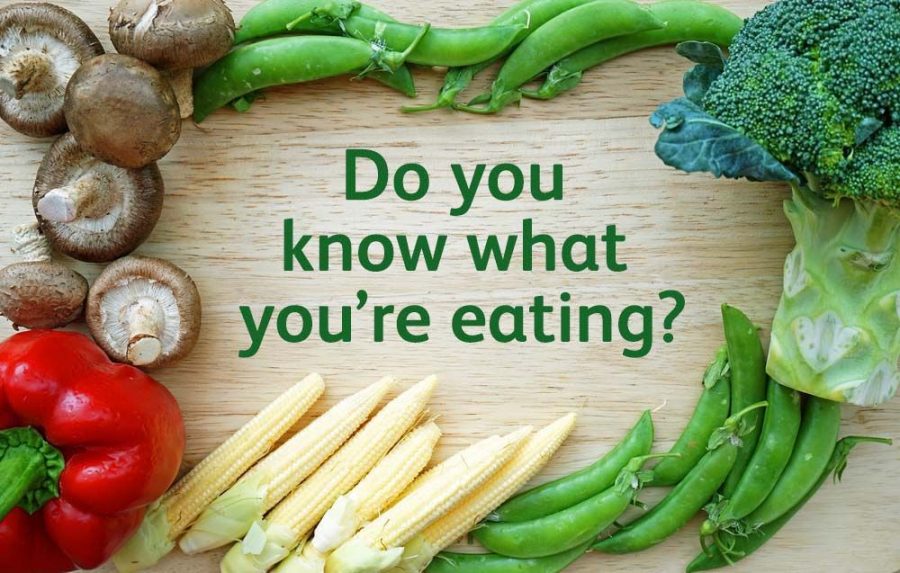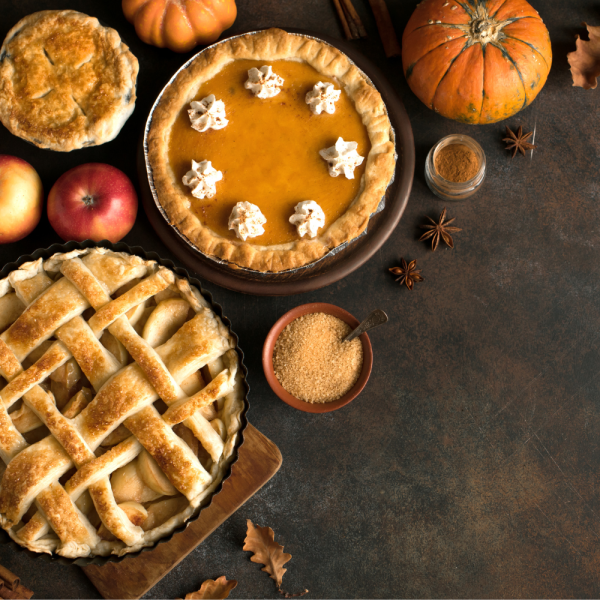Do You Know What You’re Eating?
When perusing store aisles, eyes of adults and children alike tend to wander towards the tempting sight of Oreos or the tantalizing shelves of Doritos bags. Even within the walls of a house, leftover Halloween candy beacons more attention than any other food in the pantry. Desserts and sweets have become an integral part of the world. Nothing warrants a smile quite like a box of Girl Scout cookies at the doorstep on a cool, spring day. The undeniable consequence to all these foods is known to all that consume them: they can be a factor in the destruction of your health. Store shelves are lined precisely with foods packed with dangerous preservatives that seem impossible to avoid; however, sweets are waiting at every corner and the aura about them is too tempting for anyone to refuse. Dessert and junk food doesn’t have to be a suppressed guilty pleasure; it is simpler than one would think to satisfy a sweet tooth the right way.
In the early stages of 2017, my family and I adopted a diet that cut out all processed foods. From name-brand chips to M&M’ to foods with ingredients that we had never heard of, like sodium acid pyrophosphate or pyridextine hydrochloride, were left squarely on the grocery store shelves. Instead we utilized chocolates with no preservatives for an on-the-run treat and munched on spelt pretzels and almond flour crackers for a pleasant afternoon snack. The stark contrast between processed and unprocessed foods in flavors was a noticeable irritant originally, but as time went on, I gradually began to enjoy the clean feeling of eating something that doesn’t quite literally weigh me down and break down my body.
My family’s diet change began because of my younger brother’s chronic headaches. They kept him out of school somedays, and it got the point where students and teachers at his school questioned if he had a serious medical condition that was keeping him bed-ridden and away from school. In the past, my family had adapted several different diets and procedures we thought would solve the issues of his constant, grating headaches. We had tried a gluten free diet and an anti-chocolate diet, along with checking his blood sugar, sleeping patterns, allergies, and even keeping a diary of everything he ate throughout the day. When we attempted what we dubbed “an all-natural” diet, or when we cut out processed foods, we saw a significant decrease in his headaches. Preservatives in foods can have affects that are far more severe than a headache. On a basic dietary level, processed foods contain high amounts of refined sugars and trans fats, while sporting low quantities of nutrients and fiber. Processed foods are made to be addictive; consumers are supposed to want more and more. It’s like when someone gets a box of Thin Mints, and they devour the whole box in one sitting. Junk food accesses the same spot in the brain as other damaging substances like alcohol or drugs. When someone eats food full of preservatives, dopamine is released disrupting the brain. This contributes majorly to the addiction to sweets that inhabits a growing portion of the world’s population.
Another factor in the overreliance on fake food boils down to the simplicity of digesting processed food. When eating processed foods, you burn half the calories throughout the day then you would if you ate only natural foods. The height of these repercussions are in the form of heart issues or cancer. Food preservatives have been proven to weaken the heart, the most important organ in the human body, and an irreplaceable staple of life. Nitrates and nitrites, materials in preservative nitrosamine, have a nasty habit of mixing with stomach acids to create cancer-creating chemicals. Issues with the heart or cancer are potentially, even likely, life-threatening ramifications. Now, these varying side effects are a consequence of obsessive, repetitive eating of processed foods. When eaten in moderation, processed foods serve as a satisfactory treat, but moderating them is precisely the problem.
However, small changes to your diet that cut out refined foods is a relatively easy way to ensure a healthier future, short term and long term. Instead of Ritz crackers, buy Triscuits; substitute normal pasta and bread for whole-wheat commodities, and compare the labels of a standard Hershey’s bar to that of other off-brand chocolates, and see in a whole new light what exactly you are putting inside your body. Simply comparing the labels on foods is an excellent way to moderate what you are putting in your body. If you can’t pronounce one of the ingredients or if you don’t know what a certain ingredient is, you probably shouldn’t be eating it.
Unlike being vegetarian, vegan, or gluten-free, an all-natural diet like my family’s is easy to slip in and out of. We like to treat ourselves to junk food and such on vacation, while sticking to our diet at home. There are cons to eating organically Meal prep times are undeniably longer and prices for organic foods can be steep, but if years are added on to your life, isn’t that worth any price?
SOURCES:
https://greatist.com/health/are-preservatives-food-bad-my-health
| Are Preservatives in Food Bad for My Health? | Greatist
greatist.com Preservatives can be found in almost everything we eat (and are as equally hard to pronounce as they are to keep track of). Here’s what you need to knows about these additives, including what to keep chomping on and what to spit out! |
https://www.livestrong.com/article/325437-harmful-effects-of-preservatives-in-foods/
| Harmful Effects of Preservatives in Foods | LIVESTRONG.COM
www.livestrong.com Preservatives in foods are designed to prevent bacteria growth and spoilage, but sometimes they can also prevent you from enjoying good health. While the… |





